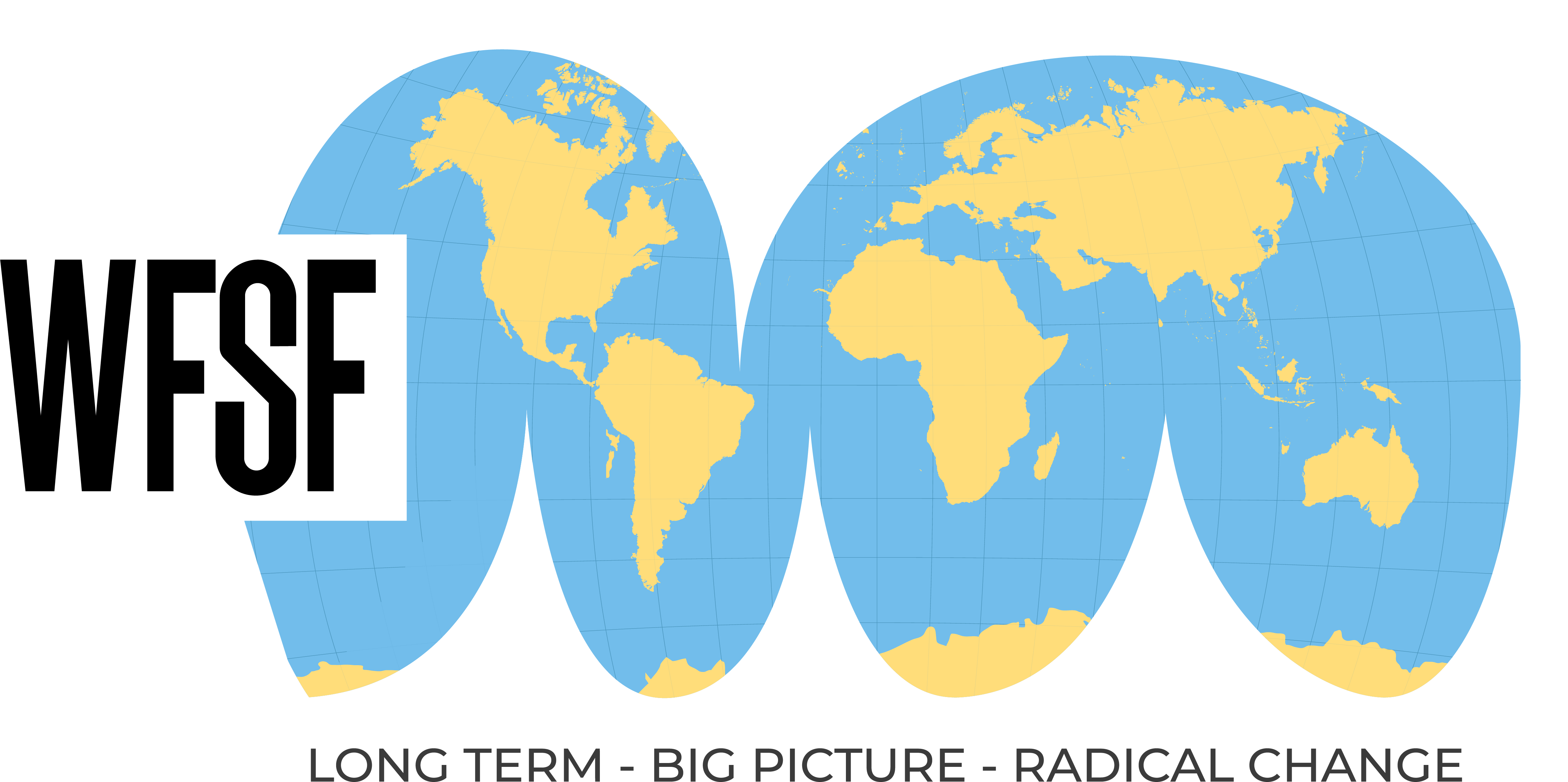24th World Conference
Anticipating stakeholders’ engagement in climate change adaptation strategies
Stakeholders’ engagement has been reported as a key issue of scenario processes in the context of climate change adaptation strategies (Cairns, Ahmed, Mullett and Wright, 2013). Within the methodogical framework of action-based scenarios (Marchais-Roubelat and Roubelat, 2008, 2016), this paper discusses outcomes from an ongoing scenario planning action research on the engagement of corporate stakeholders in climate change adaptation, as well as the role of personas (Fergnani, 2019, Vallet, Puchinger, Millonig, Lamé et Nicolaï, 2020) in scenario design.
In a first section, we underline the importance of stakeholders’ engagement in climate change foresight literature. In section 2, we introduce the methodological framework of the research and the three phases of the scenario design process: exploration, design, capability assessment. The proposed scenario method is based on the exploration of stakeholders’ moves, the design of sets of rules to exhibit stakeholders’ acts, strategies and organization, and their transformation over time. Section 3 presents sensitive action-based scenarios, which are part of the outcomes of a focus-group devoted to climate change crises. Section 4 discusses the issues raised by these sensitive action-based scenarios: the critical role of personal reports in the diffusion of adaptation practices, the core place of the development of assessment capabilities including the individual level, the community and participatory based organization of climate change adaptation strategies.

